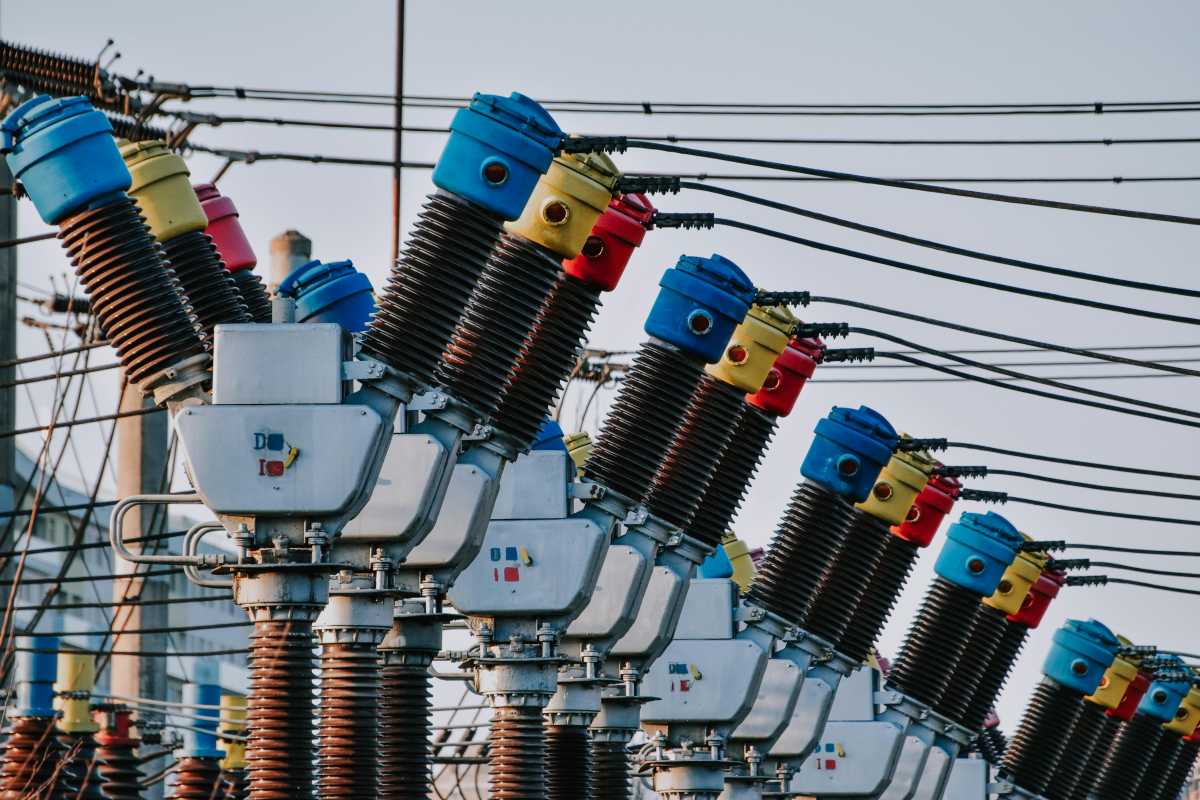If you’ve used your computer during an electrical storm, you know that it can be a tense experience as you sit tight for the storm to finish, all the while not knowing if your PC components will short circuit or zap you when components burn out.
There’s nothing in a PC user manual about what to do in that situation. So, is it all a myth? Are fears about damage just irrational, or should you shut down your PC as you wait out an electrical storm?
The straightforward answer to that question is, yes, you should shut down your PC. But you should also unplug it entirely when an electrical storm hits, since power can still travel through your cables and damage a system that’s been turned off.
The main danger during an electrical storm is, of course, lighting flashes. These can cause sudden jolts of high-voltage electricity to surge through your power cables and therefore also your devices.
Those power surges are not like the ones that come from your electrical grid when there’s no storm. In many cases they are a lot more powerful. Just one jolt is enough to do lasting damage to your PC and peripheral devices. Even if you don’t sustain damage — a power outage on the grid caused by an electrical storm can lead to data loss when your PC suddenly loses power.
To give you an idea of the power in a lightning flash, the average flash contains around 300 million volts, or 30,000 amps electricity. Compare that to the 120 volts (15 amps) usually running through a household current and you start to see the kind of power your PC is up against.
Admittedly, there’s only a small chance your home will be directly struck by lightning — around 1 in 200. But your house doesn’t necessarily need to get hit directly — the lightning can still send millions of volts surging through your local power transformer, which can make its way to your home.

Pexels: Diana
You don’t have to search hard to see what lighting has done to people’s PCs. The internet is awash with accounts of users who have sustained damage.
The damage they report can vary and be quite different. But in every case, there’s been some kind of loss that has meant costly repairs or replacement parts. In some cases, the PC is a goner and needs to be replaced entirely.
Most at risk are the parts of your PC with delicate electrical circuitry like your motherboard, RAM, and SSD storage.
Now that you now know you need to shut down and unplug in an electrical storm, you should also always have a power strip with a surge protector in place as a first layer of defense against sudden electrical surges. It may not be 100 percent effective in an electrical storm though, which is why the experts recommend unplugging your PC completely.
When you do unplug your PC, don’t forget to unplug your modem too, since modems are one of the most common devices to be fried in electrical storms.
https://www.pcworld.com/article/2825254/do-you-need-to-shut-down-your-pc-in-an-electrical-storm.html
Accedi per aggiungere un commento
Altri post in questo gruppo

One of the handier features on new cars is the ability to remotely un

Mozilla is bringing all kinds of new features and improvements with t

The niche, privacy-focused Brave browser will now block Microsoft’s c

For me, the biggest difference between a “gaming” mouse or keyboard a

A brand-new Kindle Paperwhite will run you at least $160—more if you


If you’re looking to speed up your PC, you should consider using two
